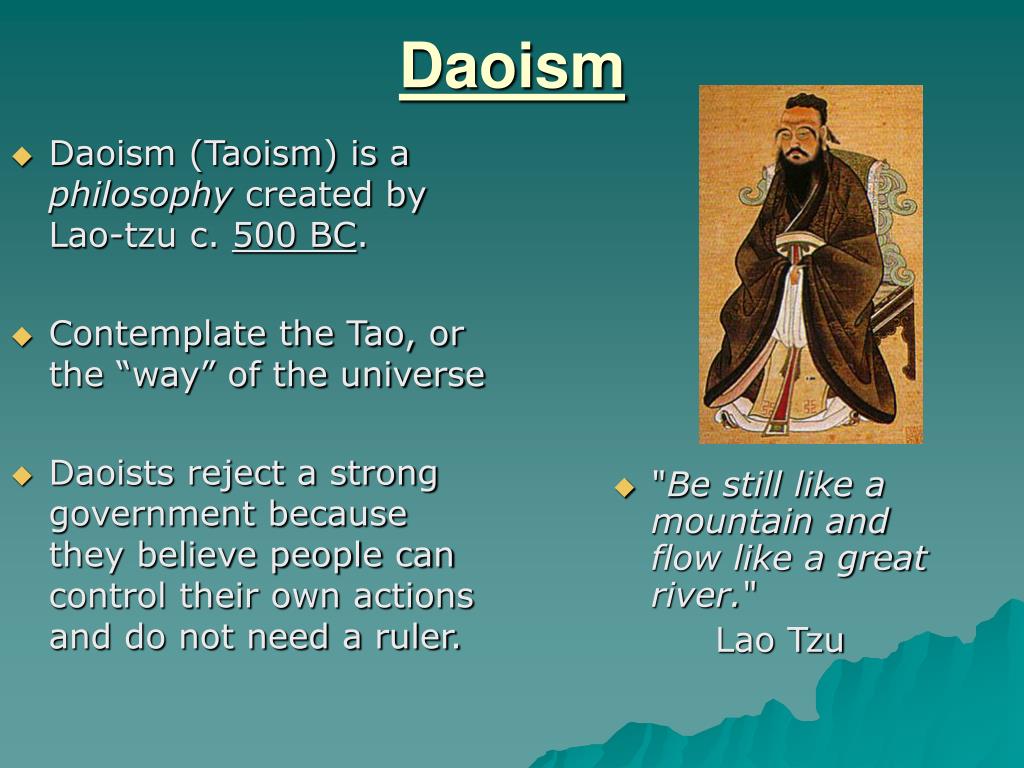In considering this matter I am going to concentrate on the Meditations. Its full title is Meditations on first philosophy. It appeared in 1641. It was a watershed in human intellectual history — not the first, that was Ancient Greece — the kernel of the Enlightenment, and its value is timeless. It is usually regarded as the beginning of what gets termed ‘Modern Philosophy’. But what do these claims mean?
The foundation of knowledge
The overall aim of Descartes’ philosophy is to found science on a secure and absolutely certain footing. Without that anything built by science would be open to doubt following from the weakness of its foundation. The edifice of science could be built, but it would be a tottering ever-fragile tower, each level built on something else, but ultimately infected throughout by whatever uncertainty came from its point of departure.
By ‘science,’ here in Descartes’ view, is meant an objective conception of reality. In order to see what the really real is, any view would have to be completely stripped of any contribution derived from its being from a particular point of view and mode of viewing that would distort seeing things as they are in themselves.
In order to attain absolute certainty Descartes devises the Method of Doubt. This is not only a logical exercise, but a psychological course to follow. Many of the things we once thought true turned out to be false, so how can we sift the true from the false, making sure we only end up with truths? The aim of the Method of Doubt is to systematically doubt, that is, positively consider as false anything that may possibly be false. Only in that way can we be sure that what is left is beyond doubt certainly true. Some of the beliefs subject to this doubt may be true, but that does not matter: if they may be considered false then they are thought of as false.
Having found through the Method of Doubt something that cannot possibly be other than true, that must be true, from the content of that truth Descartes then climbs back up from the vanishing point of what is certain, to show how other beliefs that we think of as true are indeed true and traceably well-founded on something that it is impossible could not be true.

Trying to look for something certain, from which may be derived other views built on that certainty, is not something so unusual in philosophy, but Descartes pursues it with a ruthless rigour not seen before.
That, however, is not what makes Descartes the watershed-radical philosopher he is. Descartes is, in a sense, the founder of the predominant ways of thinking, however varied they became, that followed him, something that led to what we may think of as the mindset of the modern world: that it is incumbent on the individual to think things through for themselves and not just accept what they are told.
What is …
Read the full article which is published on Daily Philosophy (external link)





